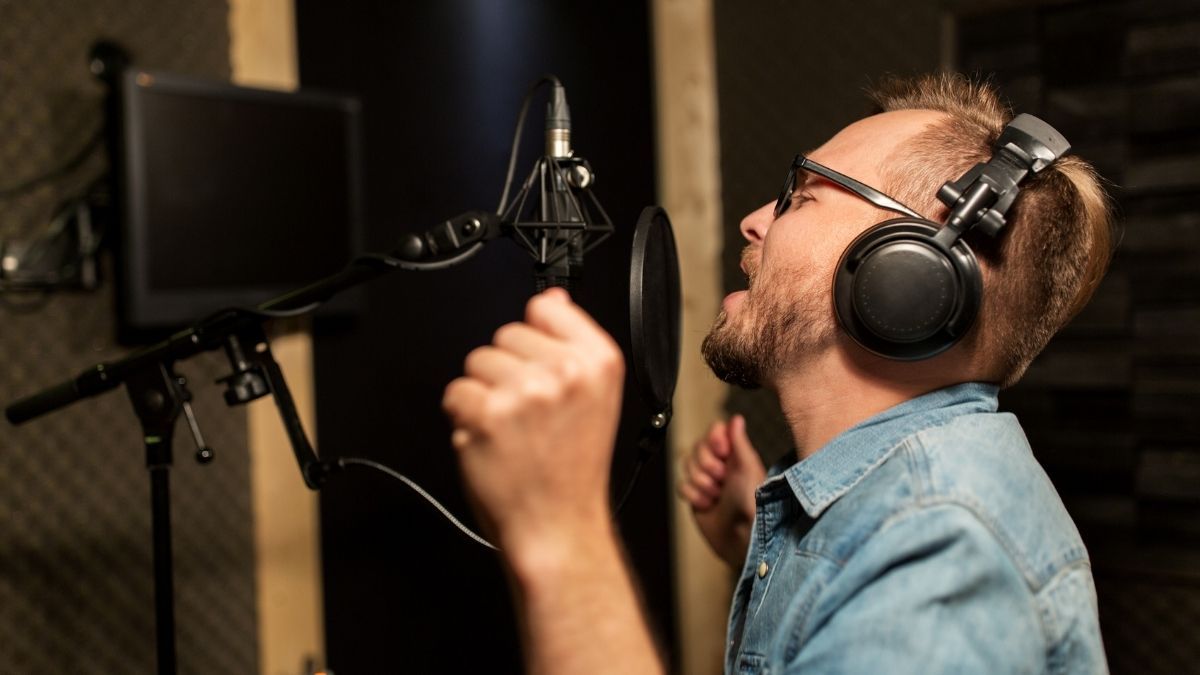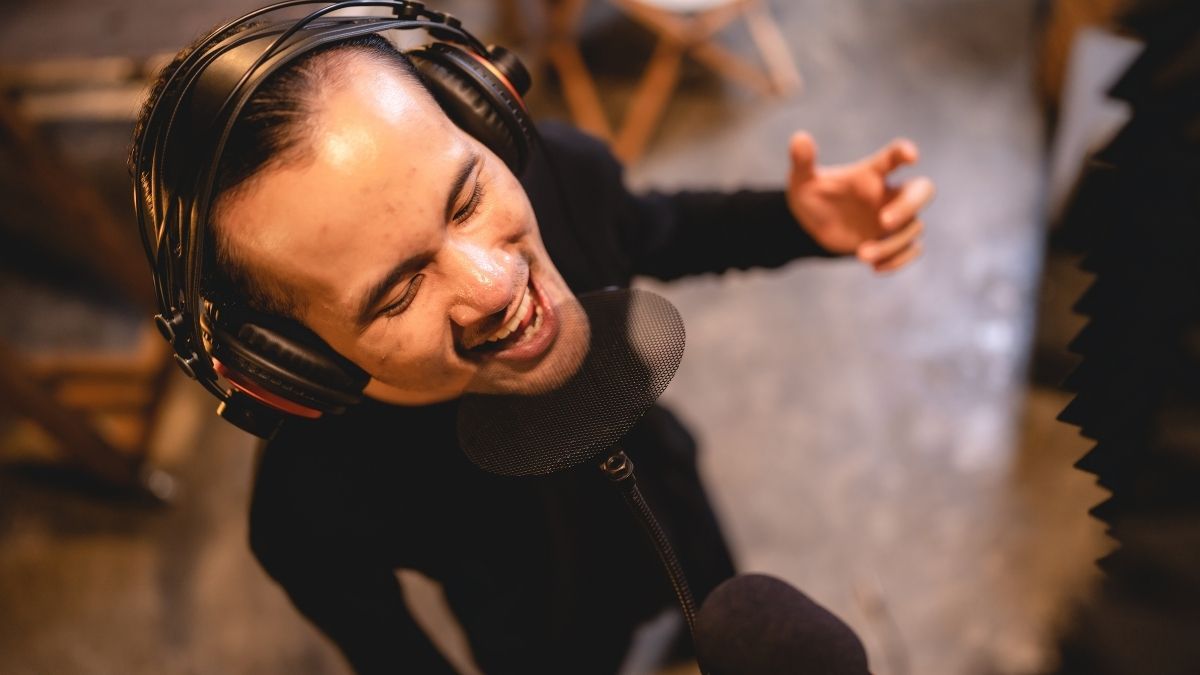How to Choose the Perfect Microphone for Voice-Over Recording ?
When it comes to voice-over recording, the right microphone can make all the difference in capturing the rich, warm, and clear sound that's essential for professional voice work. But with a multitude of microphones available on the market, choosing the right one can be a daunting task. In this comprehensive guide, we'll delve into the key factors to consider when selecting a microphone for voice-over work and offer recommendations based on your specific needs.
Microphone Types
Before delving into the specific considerations for choosing a microphone for voice-over work, it's important to understand the various types of microphones available. There are three primary types commonly used in the industry:
- Condenser Microphones : Condenser microphones are highly sensitive and capture a broad range of frequencies. They are the preferred choice for voice-over work due to their exceptional clarity and accuracy. Condenser microphones come in two varieties: large diaphragm and small diaphragm. Large diaphragm condensers are often favored for voice-over work, providing a warm and full sound.
- Dynamic Microphones : Dynamic microphones are rugged and less sensitive than condenser microphones. They are known for their durability and ability to handle high sound pressure levels, making them suitable for live performances and broadcasting. However, they are less commonly used in professional voice-over recording.
- Ribbon Microphones : Ribbon microphones are delicate and less common in voice-over work. They have a unique sound characterized by a vintage warmth, making them suitable for specific artistic purposes.
For voice-over recording, condenser microphones are the go-to choice, particularly large diaphragm condensers. They provide the clarity and detail needed to capture the nuances of the human voice.
Factors to Consider
When selecting a microphone for voice-over recording, several factors come into play. These factors can influence the overall sound quality, ease of use, and your budget. Here's what to consider:
- Sound Quality : The primary goal in voice-over work is to capture a natural and clear representation of your voice. Look for a microphone that provides a flat frequency response, capturing both the low and high frequencies accurately. A microphone with a low self-noise level is also crucial, as it ensures minimal interference during recording.
- Directionality : Microphones can be either omnidirectional or directional. For voice-over, a directional microphone, like a cardioid or hypercardioid, is preferred. These microphones capture sound primarily from the front while minimizing background noise.
- Budget : Your budget plays a significant role in choosing the right microphone. High-end condenser microphones can be quite expensive, but there are budget-friendly options that still deliver excellent quality for beginners and intermediate voice-over artists.
- Connectivity : Consider the type of connectivity your microphone requires. XLR microphones are common in professional setups, while USB microphones are more user-friendly for those just starting out. USB microphones are easy to plug and play with a computer, making them a popular choice for home studios.
- Acoustic Environment : The environment in which you record can impact your choice of microphone. If your recording space is prone to background noise or echoes, you may need a microphone with better noise rejection properties.
- Portability : If you plan to record on the go or in different locations, the microphone's size and weight become important. Portable, lightweight microphones are convenient for voice-over artists who travel frequently.
- Accessories : Some microphones come with essential accessories like shock mounts, pop filters, and carrying cases. These extras can be valuable in enhancing your recording experience and protecting your investment.
Recommendations
Now that we've covered the key factors to consider, let's explore some microphone recommendations tailored to different needs and budgets.
- Entry-Level Microphones:
Audio-Technica AT2020 : This is an affordable and reliable option for those just starting their voice-over journey. It offers a cardioid pattern and a clear, balanced sound.
Blue Yeti (USB) : The Blue Yeti is a popular choice among beginners due to its ease of use and affordability. It's a versatile USB microphone with various pattern options.
- Mid-Range Microphones:
Rode NT1-A : This is a favorite among voice-over artists for its low self-noise, clarity, and affordability. It's a large-diaphragm condenser microphone with a cardioid pattern.
AKG C214 : Known for its detailed sound and durability, the AKG C214 is a versatile choice for voice-over professionals.
- High-End Microphones:
Neumann U87 : it's my microphone (as a french voice actor). Considered the gold standard in voice-over recording, the Neumann U87 offers exceptional clarity and a broad frequency range. It's a significant investment but delivers unparalleled sound quality.
Sennheiser MKH 416 : This shotgun microphone is highly regarded in the industry for its crisp, directional sound. It's an excellent choice for professionals who require top-tier quality.
Remember that your microphone choice should align with your specific goals and the environment in which you record. It's essential to test different microphones to find the one that complements your voice and meets your professional requirements.
Choosing the right microphone for voice-over recording is a critical decision that can significantly impact the quality of your work. By considering factors like sound quality, directionality, budget, connectivity, and your recording environment, you can make an informed choice that suits your needs. Whether you're a beginner or a seasoned voice-over artist, investing in the right microphone is a crucial step toward achieving professional, high-quality recordings that stand out in the industry.























